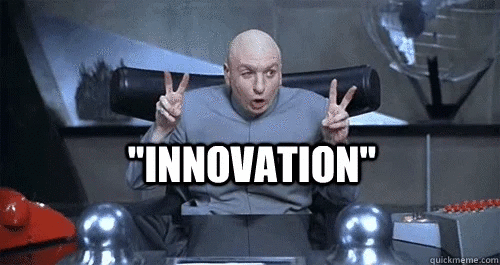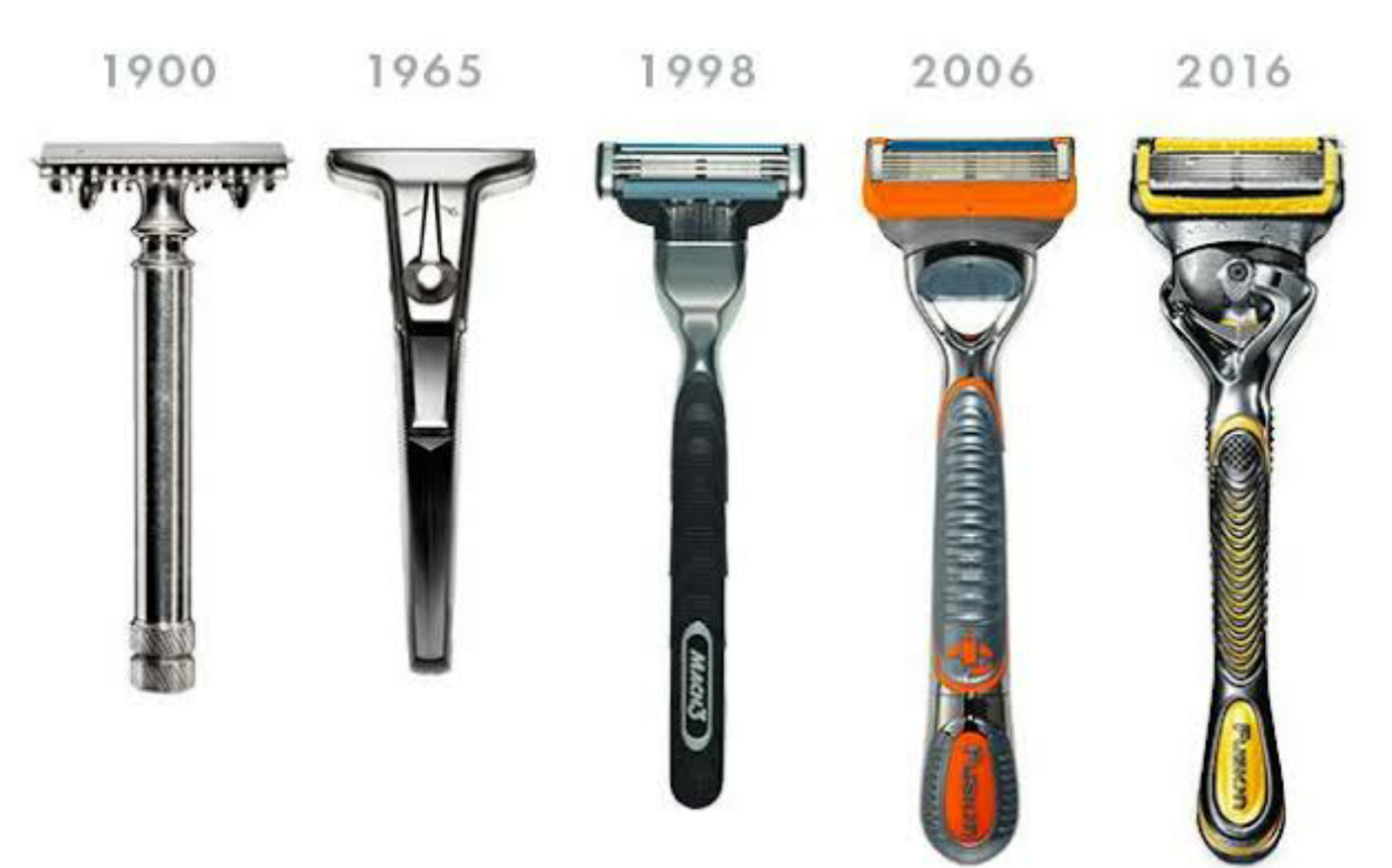 Blog
Blog
If you are a company owner, you know that innovation is an efficient way to improve return on investment.
Innovation can be achieved in various ways. Generally speaking there are two kinds: disruptive innovation and incremental innovation. Whichever you prefer will depend on the company's objectives. Let's discuss the pros and cons of each one...

Disruptive innovation is the process of making major changes. These changes may be your products, your services, or the organisation of your company. This may include introducing new products or expanding to new markets. Video streaming, 3D printing and online learning platforms are good examples of disruptive innovation.

Pros
- Expand and lands within new markets quickly
- Lift procedures and policies that may include new business models
Cons
- Improvement is never assured
- Competition is strong
- Existing status quo needs to be challenged. Can you usurp the leading competitor?
Incremental innovation is the constant and systematic development of existing goods, services, or processes. It involves enhancing internal processes, introducing new product functionality, or digitizing existing processes.

You may not think of Gillette as one of the great pioneers of innovation. The brand is actually a great example of a business that has used incremental innovation to keep ahead of the competition. Gillette razors began life with a single blade. As the company better satisfied consumer needs, their product grew - incorporating different features that other competitors in the market did not have.

Pros
- Fosters brand loyalty
- Helps the business stay competitive
- It is built around the current business model
- Ideas are easier for key stakeholders to digest
- The approach is more accessible
Cons
- Subtle improvements are hard to perceive
- Competitors are likely to execute similar actions to try to keep ahead
.jpg)
Tip: Innovation Management tools
Using solid methodologies and management tools to assist you with the innovation process can help you reduce many of the risks. An innovation management tool allows you to discover, develop, and put in place ideas that are beneficial to you and your company before you start.
Using tools for process innovation allows you to
- Build an innovation culture that leads to replicable outcomes
- Disarticulate organisational silos and resolve bureaucratic obstacles
- Engage better with problems and opportunities
Which one is the right option for my company?

Incremental innovation is commonly used by big organisations today. This is because, in industries that are averse to risk and transition, it is cheaper and easy to introduce.
Disruptive innovation is popular for start-up firms as it enables the new company to appear as a direct competitor to an existing marketplace.
The solution you choose should depend on your business objectives. Incremental change can be better if you are trying to boost competition, gain market share, or gradually increase profits. If you're trying to transform an industry by pursuing an undiscovered market or a different strategy, disruptive innovation is the way forward.
Whether you prefer Incremental or Disruptive Innovation, make sure you have a goal and a strategy to guide you.

Alan Colligan
Alan Colligan
Alan has been involved in the advertising industry for over 5 years. In his previous life he has been (and in some cases still is) passionate about all things fermentation, making music and spending time in the garden tending to his chickens, greenhouse and tackling home renovations. In his professional life he is invested in creating long lasting partnerships with New Zealand business to foster growth in the digital landscape.
Follow Alan on Linkedin


